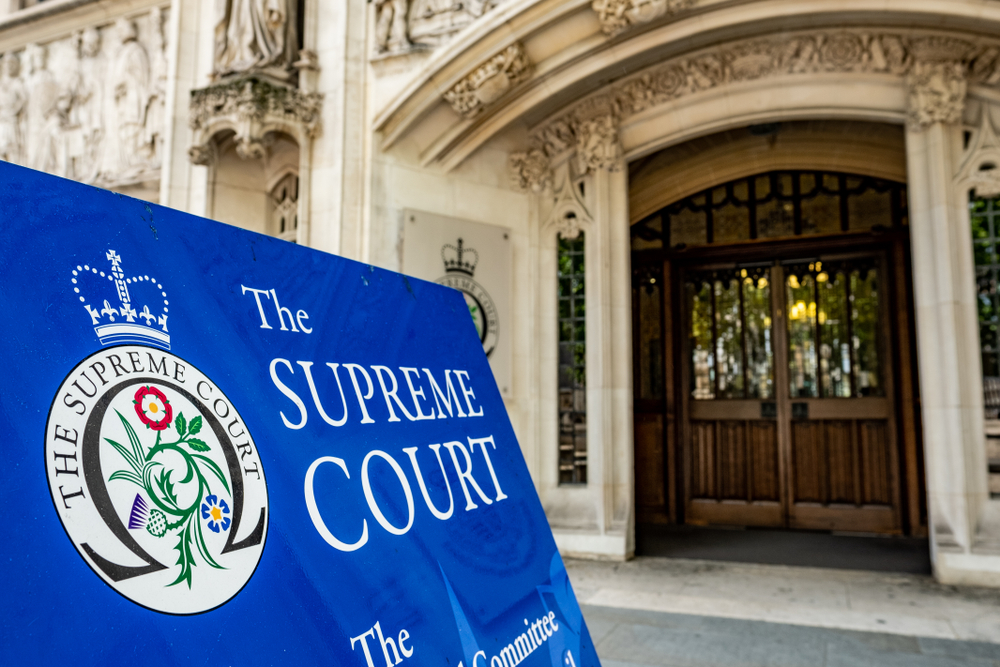Following the Supreme court's recent judgment on the Equality Act, Equity responded with concern for its implications for trans members’ safety at work. The following guidance explains what the ruling means, the support Equity offers trans members and what the union is doing about the ruling more broadly.

What was the case about?
The Supreme Court was dealing with a legal challenge against the Scottish Government’s guidance targets for representation of women on public boards. The guidance said that, for these purposes, “women” had the definition under the Equality Act 2010 and that included women with a Gender Recognition Certificate (GRC) recognising their gender as female.
For Women Scotland challenged this definition. The question for the Court was whether a person with a GRC, recognising their gender as female, is a woman for the purposes of the protected characteristic of “sex” in the Equality Act 2010.
What did the Supreme Court decide?
The Court decided that “sex” in the Equality Act 2010 means “biological sex” (in other words, the sex assigned at birth) which does not include “certificated sex”, even where a person has a full GRC recognising their acquired gender.
What does the ruling mean for trans workers?
The Equality Act prohibits discrimination on the basis of sex. However, the Act contains an exception to discrimination to allow for facilities provided only to one group who share a protected characteristic, e.g. women, where appropriate, such as bathroom or dressing rooms.
The Court’s decision means that it is now less clear how a service-provider would, if challenged, legally justify the inclusion of trans women in a women-only facility while excluding cisgender men, and vice-versa for trans men.
The ruling does not mean that employers must actively exclude trans women from women-only spaces. Equity does not agree with interim guidance issued by the EHRC following the ruling that trans women and trans men “should not be permitted” to use female and male facilities respectively. It not only flies in the face of trans people’s dignity but is also practically unworkable, and we will be responding to the ongoing consultation accordingly.
Equity maintains that single-sex facilities should be provided on a trans-inclusive basis, allowing trans performers and creatives to use the facility in which they feel most safe and comfortable.
What should I do if I am a trans or non-binary member experiencing exclusion, discrimination or harassment?
You should contact Equity, and an Industrial Official will be on hand to support you. If you have an Equity dep on your production they will be able to put you in touch – but if not, take a look at the contact us page.
Equity will not contact your employer without your consent to do so.
What is Equity doing about the ruling?
Equity is concerned by the EHRC’s interim guidance and rejects the government’s view that the ruling has provided welcome “clarity”.
The EHRC is now consulting on a revised Code of Practice in the wake of the ruling and Equity will respond in line with its clear policy of trans inclusion. You can also respond to the consultation in an individual capacity.
Equity will be in touch with the arts funding bodies across the four nations to seek assurances that any guidance issued to funded artists and organisations will prioritise and not put at risk the dignity of trans workers.
Ultimately, Equity calls on the government to intervene via legislation to make clear that trans women are women, and trans men are men, for all purposes including the Equality Act.


